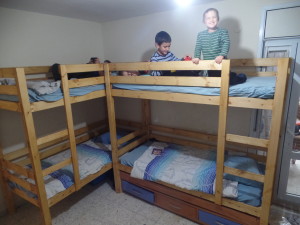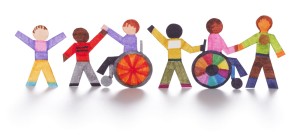
Understanding the question that wasn’t asked
Today I read a letter to the editor in Mishpacha magazine (Dec. 7 issue) regarding a Q&A session at the Agudah Convention. The letter writer admits
Never miss a new post. Subscribe below to
receive all new posts directly to your inbox.

Today I read a letter to the editor in Mishpacha magazine (Dec. 7 issue) regarding a Q&A session at the Agudah Convention. The letter writer admits

Someone asked me about my gift giving policy on Chanukah. What we do is more of a position than a policy and nothing is written
When you hear the word leadership, what do you think of? The head of a Fortune 500 company, the manager of your place of

Today I received a voice text from a friend who commented on how it seems that something is leading us in the direction of helping

I’ve been meaning to share with you about our latest upgrade in furniture – a double set of bunk beds! Here’s what inspired this project:

Today is my birthday. And it feels significant. It’s been two years since I shared – also on my birthday – about my deep sense
You’ve been asking and I’ve been listening! You know that I give Leadership Parenting training courses locally and you’ve asked me about making it available

We had a visitor recently who works in special ed in the US. She was going crazy over ds4 – she couldn’t keep her eyes

As I close this challenging month of advocating for Baby M, I want to give you a final update. After an emergency meeting held by social services this

I didn’t know when I got a call a month ago regarding a newborn baby girl with Trisomy 21 whose parents didn’t want her that getting